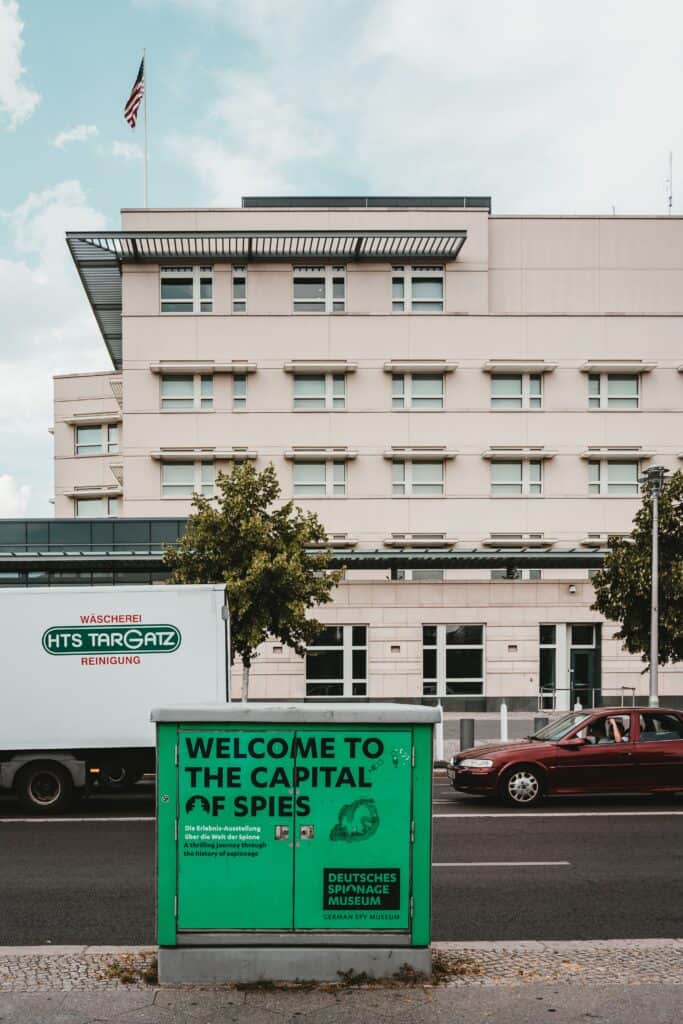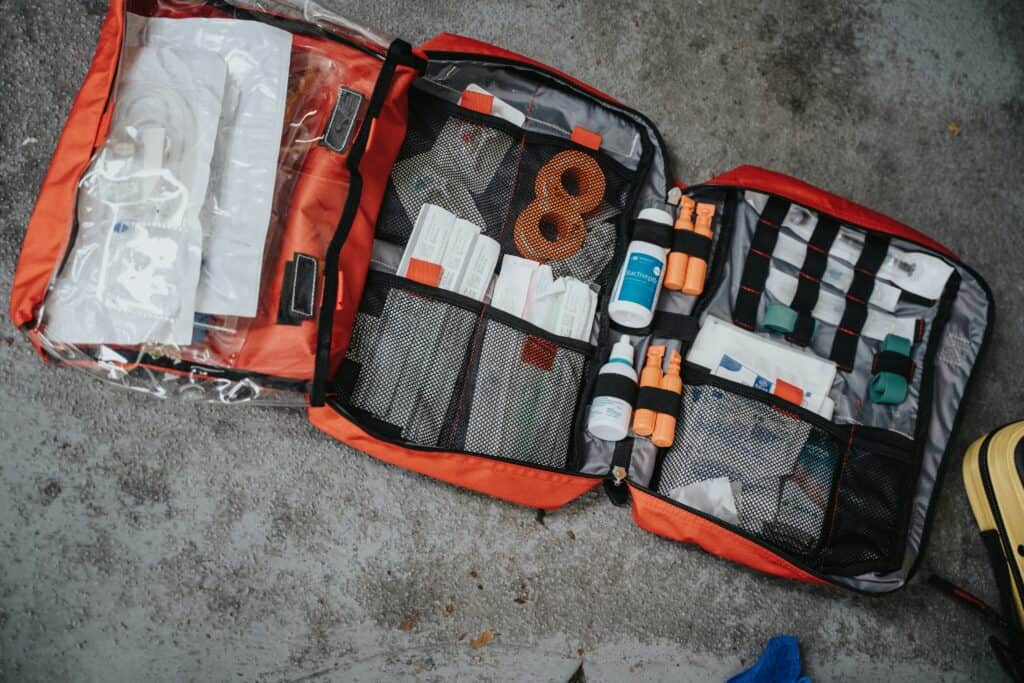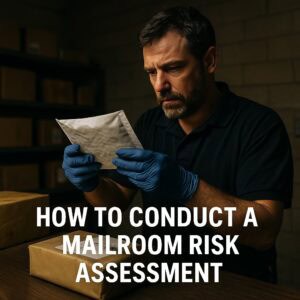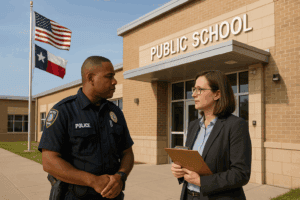Traveling abroad can be a thrilling experience, exposing us to new cultures, languages, and landscapes. However, getting lost in a foreign country can also be a nerve-wracking experience, especially if we are not familiar with the area or the local language. It is essential to be prepared for this possibility and know how to handle the situation effectively in order to continue enjoying the journey.
There are various steps that travelers can take both before and during their trip to ensure they can easily find their way back on track. Proper preparation, maintaining a calm demeanor, and utilizing available resources, such as local landmarks and smartphone apps, can make all the difference when navigating unfamiliar surroundings. By following these guidelines, travelers can minimize the stress and discomfort associated with getting lost and stay focused on exploring new, exciting destinations.
Planning and Preparation
When traveling abroad, it is essential to be well-prepared to avoid getting lost. In this section, we will discuss various aspects of planning and preparation to ensure a safe and enjoyable trip.
Passport and Visa
Before you embark on your journey, ensure that your passport is up-to-date, and you have the necessary visas for your destination. Keep digital copies of these documents in your phone or email, so they are easily accessible in case of loss or theft.
Travel Insurance
To safeguard against unforeseen circumstances, obtaining travel insurance is highly recommended. It can cover medical emergencies, lost or stolen belongings, and even provide assistance in case you get lost.
Local Language
Learn a few essential phrases in the local language of your destination. This skill will help you in navigating the country, asking for directions or assistance if needed, and overcoming potential language barriers.
Itinerary and Landmarks
Create a well-planned itinerary, including prominent landmarks that can help you navigate your surroundings. Utilize tools like Google Maps to pre-plan routes and familiarize yourself with the area. Having a physical map as a backup is also beneficial in case your mobile device runs out of battery or loses signal.
Phone and Mobile Device Settings
Before leaving, configure your phone and mobile device to work optimally in the foreign country. This setup may include adjusting settings related to GPS, language, and local emergency phone numbers. Additionally, downloading a reliable navigation app can significantly reduce the risk of getting lost.
By following these guidelines, you can minimize the chances of getting lost and enjoy a stress-free experience while traveling abroad. Remember to stay calm, stay aware of your surroundings, and seek assistance when needed.
How to React when Getting Lost
Remain Calm
It’s essential to stay calm when you get lost while traveling abroad. Panicking can cause you to make hasty decisions that might worsen your situation. Take a few deep breaths, and remember that getting lost is a common occurrence for many travelers.
Locate Nearby Landmarks
Start by identifying nearby landmarks such as buildings, parks, or monuments. This will help orient you and may provide clues as to your current location. If you see a familiar structure or business, like a hotel or restaurant, try heading toward it to seek assistance.
Reorient with Maps and Navigation Apps
Using a physical map, a GPS device, or a smartphone navigation app, try to determine your current position. If you’re in a city, look for street signs or public transportation maps to help you pinpoint your location. Apps like Google Maps and Google Translate can be valuable tools for overcoming language barriers and navigating foreign streets.
Ask for Directions
Don’t hesitate to ask locals for directions if you’re unsure of your location. Most people are happy to help travelers, even if there’s a language barrier. When possible, try to approach shop clerks, restaurant employees, or hotel staff, as they may be more accustomed to helping tourists and may have a better understanding of English.
Seek Help from Trusted Sources
U.S. citizens traveling abroad should locate the nearest U.S. embassy or consulate for assistance in case of an emergency. Reaching out to friends or family members who are familiar with the area can also be beneficial. Besides, trusted institutions like banks can provide assistance or direct you to the appropriate resources for support.
Dealing with a Lost or Stolen Passport
Safety Measures
Before traveling abroad, it’s essential to take some safety measures to prevent losing your passport. Consider making photocopies of your passport and other essential documents, or storing digital copies in a secure cloud storage service. Keep your passport in a secure and hidden place on your person while traveling, such as a hidden pouch or money belt.
Reporting to the Police
In case of a lost or stolen passport, the first step should be to report the incident to the local police. Filing a police report is crucial for documenting the situation, which may assist in obtaining an emergency passport and help authorities track down the stolen passport. Make sure to obtain a copy of the police report for future reference.
Contacting the U.S. Embassy or Consulate

After filing a police report, reach out to the nearest U.S. Embassy or Consulate as soon as possible. The embassy or consulate will provide information on the next steps to take, such as obtaining an emergency passport. Depending on the situation, the consular officer may also aid in contacting family or friends for assistance.
Obtaining an Emergency Passport
An emergency passport is a temporary travel document that allows you to return to the United States or continue your trip. To obtain an emergency passport, you must appear in person at the U.S. embassy or consulate, submit Form DS-11, and provide proof of citizenship and identity. Additionally, bring a passport-sized photo, the police report, and any travel plans or itineraries.
Keep in mind that emergency passports have limited validity and may need to be replaced with a full-validity passport once you return to the United States.
Handling Travel Issues: Mobile Devices, Credit Cards, and Communication
Traveling abroad can be an exciting and enriching experience, but it also comes with potential challenges. Handling issues related to mobile devices, credit cards, and communication is crucial for a smooth and stress-free trip.
Lost or Stolen Mobile Devices
Losing your phone or having it stolen while traveling can be a major inconvenience. To minimize risks, travelers should:
- Keep a backup of important data such as contacts, photos, and any important documents stored on the device
- Set up a remote lock and location tracking system for your phone
- Report the loss or theft to local authorities and to your carrier, who may be able to block the device
- Utilize Google Translate for communication when your phone is not available
Contacting Credit Card Companies
In the event that your credit cards are lost or stolen, follow these steps:
- Notify your bank and credit card companies immediately to prevent unauthorized transactions. Most banks offer a 24-hour helpline for such situations
- Set up a fraud alert with major credit bureaus to protect your identity and credit from fraudulent activities
- Keep a separate record of credit card information including the card numbers and the customer service phone numbers in case you need to report them missing.
Managing Local and International Calls and Emails
Staying connected while traveling is essential for both personal and work matters. Here are some tips for managing calls and emails:
- Use local SIM cards to access cheaper calling and data rates. Local SIM cards are typically available at the airport, kiosks, and telecom stores
- Utilize Skype, WhatsApp, or other internet calling services for international calls and messages
- Visit a local internet café, if available, for email access and communication in case of device loss or lack of Wi-Fi
- Contact the U.S. Embassy or Consular Officer in case of emergencies or issues that require immediate assistance
- Register with the Department of State and enroll in the Smart Traveler Enrollment Program (STEP) to stay updated on any local alerts or warnings
By addressing these common travel problems proactively, your trip abroad will be more enjoyable and stress-free.
Returning Home: The Aftermath
When returning home after getting lost during your travels, it is important to take the necessary steps to ensure any lost documents and valuables are addressed and to improve your travel strategy for future trips.
Reporting Lost Documents
Upon realizing critical documents like your passport or credit cards have gone missing, you should immediately contact the nearest U.S. embassy or consulate for assistance. They will guide you through the process of getting a temporary travel document, allowing you to return home. Further, it’s essential to notify your credit card companies or banks to freeze or cancel the cards and prevent unauthorized transactions. Keeping a digital copy of essential documents and contact details stored securely in an email or a cloud-based service could speed up the process of reporting lost items.
Submitting Reports to Insurance Companies
In the aftermath of losing valuables or encountering unexpected financial losses during your trip, promptly submit reports to your travel insurance provider. This will ensure that claims are processed efficiently, and any possible reimbursements or coverage can be promptly addressed. Gather all necessary documentation, such as receipts, police reports, and proof of purchase, to make the claim submission process smoother.
Reviewing and Improving Your Travel Strategy
Lastly, review your travel strategy to identify how the issue arose and take steps to prevent a similar situation in future trips. This may include creating a checklist for packing your belongings, improving your ability to navigate unfamiliar territory, or being more cautious with your personal belongings. By reflecting on the lessons learned from this experience, you can become more confident and knowledgeable when embarking on your next adventure.
Frequently Asked Questions
How do I find my way when lost in a foreign country?
When lost in a foreign country, try to retrace your steps and identify any familiar landmarks. If you have a mobile device with you, use maps or GPS apps to help navigate your surroundings. It’s also important to stay calm and avoid making rash decisions. If needed, ask locals for directions, but try to do so discreetly.
What steps should I take if I lose my passport during my trip?
If you lose your passport, locate the nearest U.S. Embassy or consulate, and inform them about your situation. They will guide you on the necessary steps to obtain a replacement passport. It’s essential to report a lost or stolen passport to prevent potential misuse.
How can I get help if I get lost and don’t speak the local language?
When language becomes a barrier, look for hotels, tourist centers, or major landmarks, as the staff in these establishments often speak English or other languages. You can also use translation apps on your mobile device to help communicate with locals.
What precautions can I take to avoid getting lost in a new place?
To minimize the chances of getting lost, research your destination beforehand and familiarize yourself with the area’s layout and public transportation systems. Carry a paper map or use offline maps on your device. Save important addresses, such as your accommodation and nearby places of interest, for quick reference.
How to replace a lost passport quickly in another country?
Contact the nearest U.S. Embassy or consulate as soon as you realize your passport is lost. They will guide you through the process of obtaining a replacement passport. Make sure you have the necessary documents, such as passport photos and identification, to expedite the process.
Will losing my passport affect my visa status?
Losing your passport may affect your visa status, as your previous visa might be tied to your lost passport. Once you obtain a replacement passport, contact the appropriate authorities in your destination country to inquire about your visa. They may require you to apply for a new visa, or they may have a different procedure based on your circumstances and the country’s regulations.








